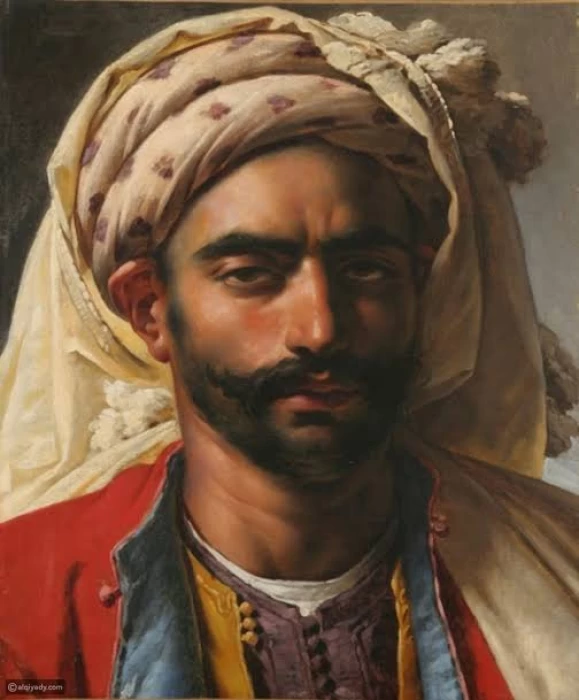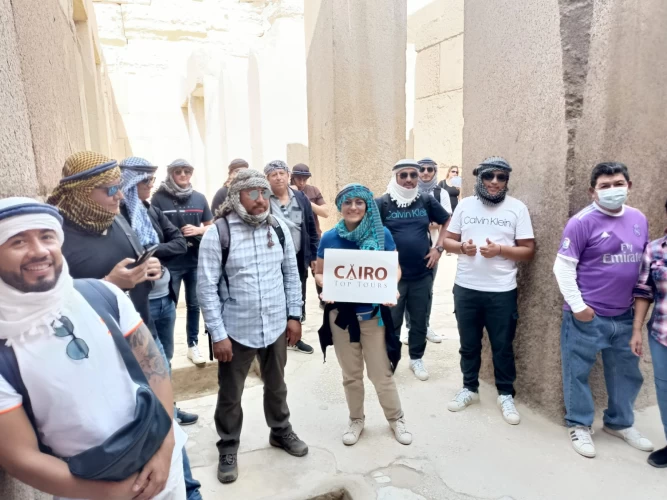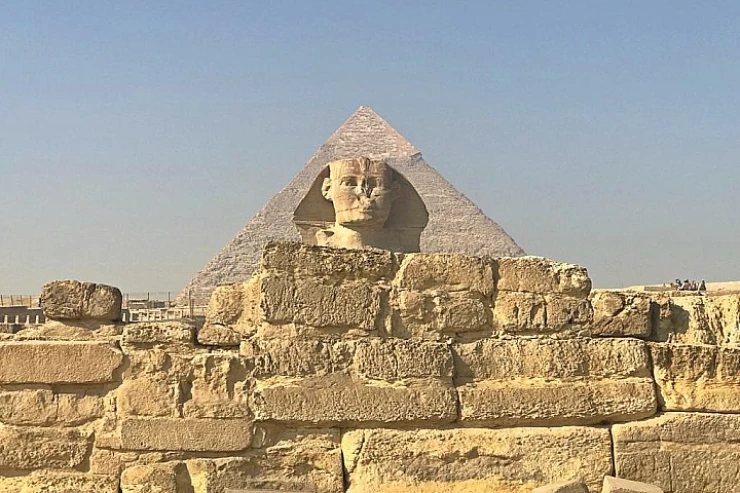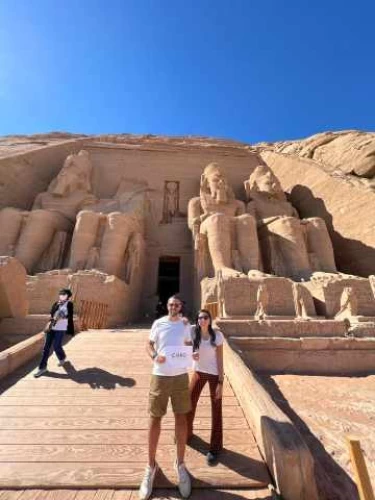
Al Hakim bi Amr Allah
Known as caliph Al-Hákim bi-Amr Al-lah, which means "He rules by God's command," Abu 'Ali Mansur was Egypt's sixth Fatimid caliph from 996 to 1021. Al-Hákim, who was born in Egypt in 985, succeeded his father, Abu Mansur Nizar al-Aziz Billah, in 996, when he was just eleven years old.
Al-Hakim bi Amr Allah Fatimid ruler ruled Egypt from 996 to 1021. He was born in Egypt. He ruled from October 15, 996 until the day of her disappearance, February 2, 1021. His reign was characterized by tension because he was at odds with the Abbasids. Al-Hakim, by God’s command, demolished (the Church of the Resurrection) in Jerusalem, and this was one of the causes of the crusade and the first crusade that seized Jerusalem. He established the House of Wisdom in Cairo in 1005, which became a cultural center where scholars and intellectuals met. And he built a mosque in Bab Al-Nasr, and it became an architectural masterpiece, known as the “Jamie of Al-Hakim by the Command of God” and it still exists.
Historians describe al-Hakim bi-Amr Allah that he was mentally disturbed and unbalanced in thought. Other historians in the modern era described his reign as being characterized by cruelty, violence, fanaticism, madness, and bloodshed. Some say that when he was young he was interested in science and literature and was studying astrology and Chemistry, meteorology, and all the sciences of mathematics. In June, the ruler prevented people from saying the word “Our Master” or “Our Master” except for him, and in the year 1003 he began to kill everyone around him and everyone who was a miner because he described them as infidels and their blood is permissible, so most of the astrologers fled from Egypt and the rest hid. With the passage of time, his condition deteriorated and in the year 1004, he began to ride on a donkey the swordsman walked in front of him and ordered the killing of anyone he saw, some officials, ministers, and judges were killed. Judge Hussein bin al-Nu'man's neck was beheaded and he ordered his body to be cremated and the throats of about 100 other people were cut off. He began punishing anyone with death for any small act and considered it a sin until the people became afraid of him.
He ordered the Jews to wear black clothes to be like his Abbasid enemies. He commanded Christians to wear crosses to relieve him and forbid people to eat some foods, including molokhia and watercress, and to sell grapes and honey, including eating and fishing and playing chess, and he ordered the killing of dogs, singing, and burning neighborhoods in Cairo and demolishing churches, and ordered the demolition of the mosque of Amr ibn al-Aas in Alexandria. One of his strangest behaviors of was that he was building schools and appointing scholars and then killing them and demolishing schools, and he ordered the opening of markets at night and that people should not leave their homes after sunset, and he prevented women from leaving their homes, then he made some exceptions and allowed the women going out To perform Hajj and Umrah, wash the dead, and widows.
Al-Maqrizi says in 1004 the people’s fear of the ruler intensified and he killed in one night a large number of servants and cut the neck of everyone who sold fish and mallow. The terror among the people increased the intensity of the killing, and people began to flee and close their shops. December 1018 A man named Hassan Ibn Haidara appeared in Cairo. He said that the god is in the ruler, and the ruler heard his story, so he called him and rewarded him, and he kept taking him out with him in the processions. But in a procession of processions, one attacked him and killed him, so the governor ordered the man to be killed.
Part of the military rebelled and demanded that the Egyptians be taken over, and a fight erupted between the followers of the ruler and the rebellious military, and the Egyptians and the rebellious military were destined to take revenge on those who attacked their homes shops and returned them to the bar for good. The ruler went to Al-Qarafa and asked the soldiers to leave him alone, then they went, and after that, the ruler disappeared completely, by God’s command. Al-Hakim bi-Amr Allah at the age of 36 years. People began to say that his sister, "Set al-Malik", had sent men to kill him because he had threatened her several times.
His reign lasted about 25 years. Some historians say that the Egyptians hated him for his misdeeds. He said, "The people of Egypt were the most difficult of the days, and many of them were killed in this period.


















